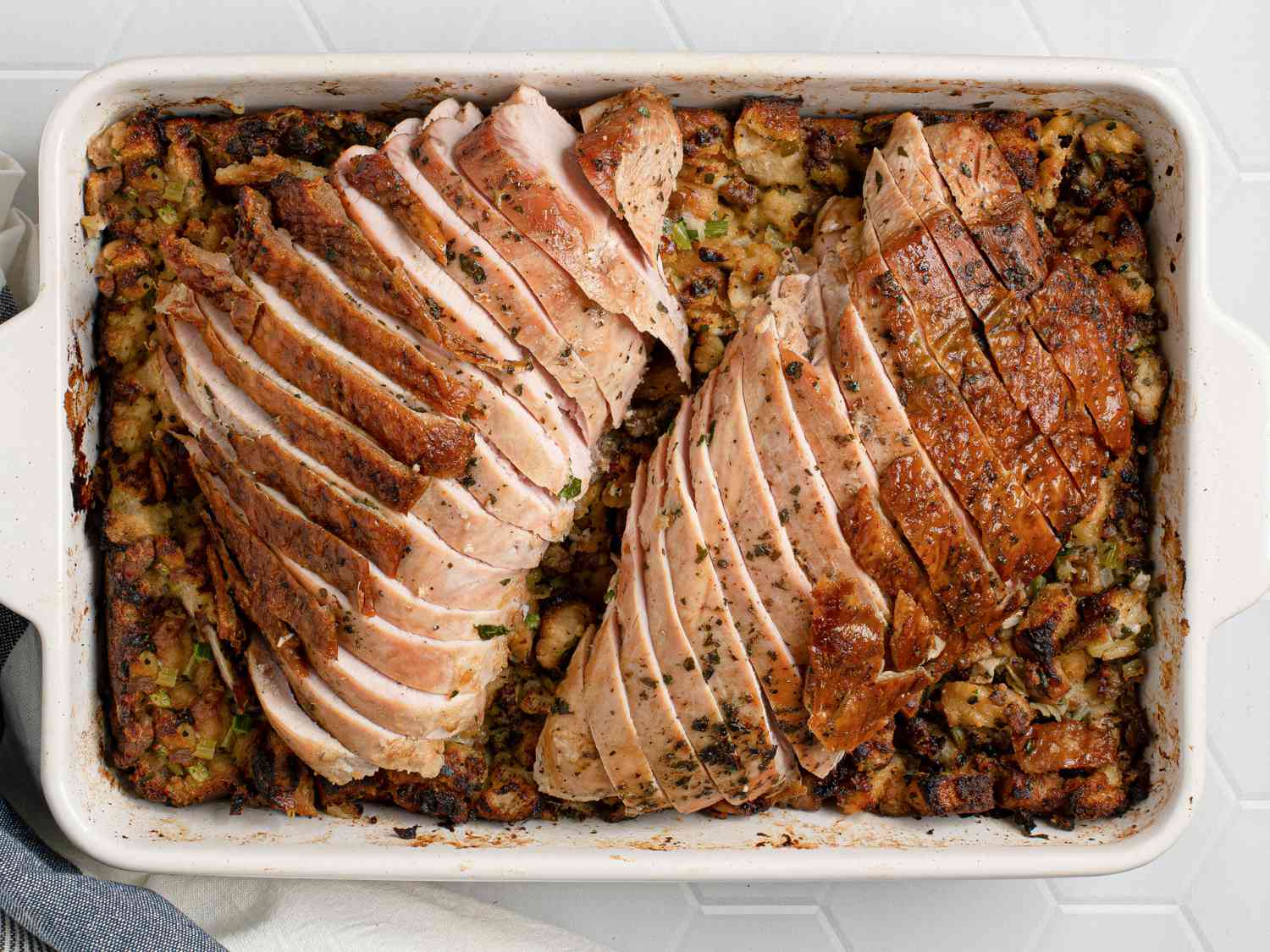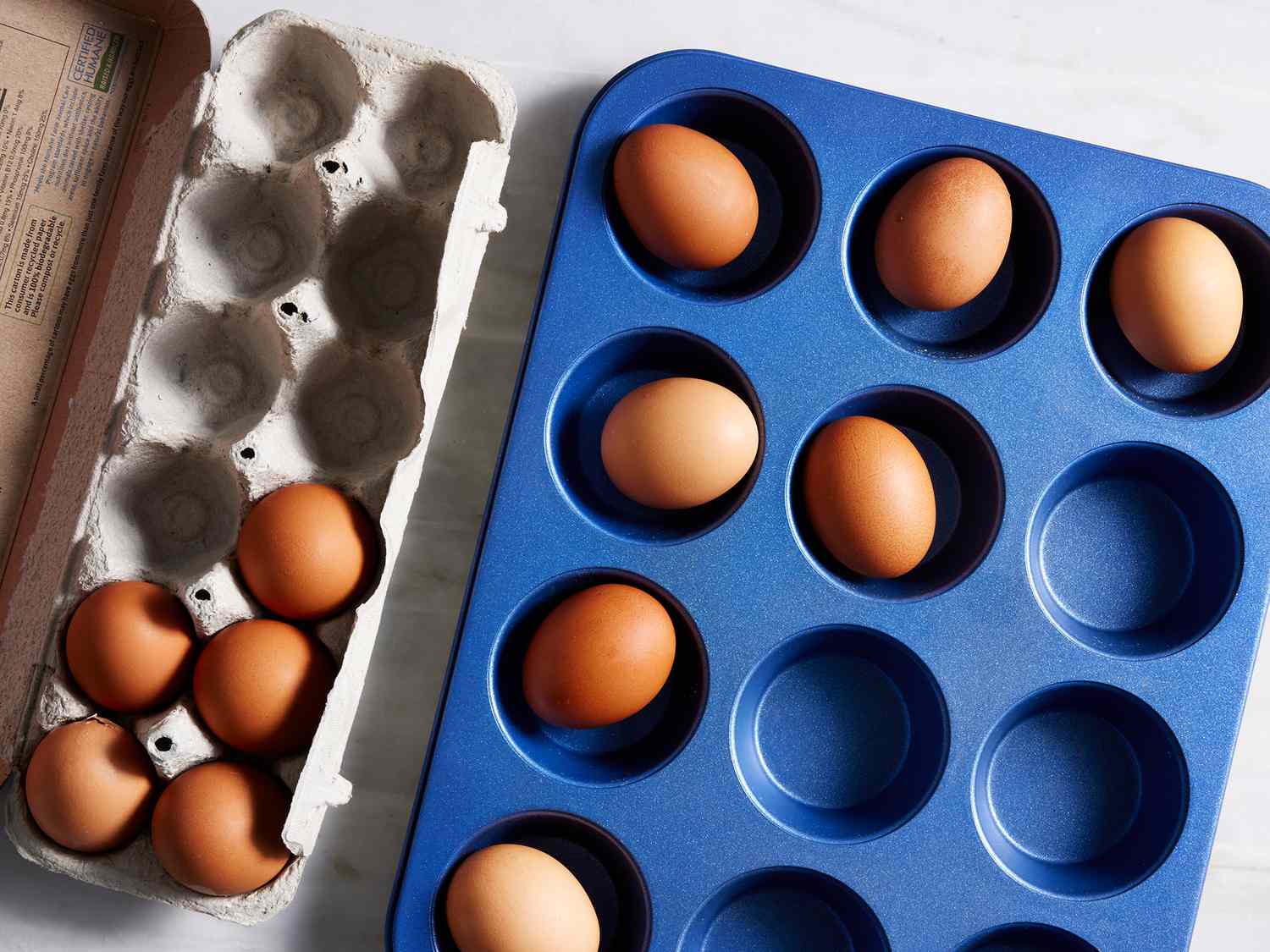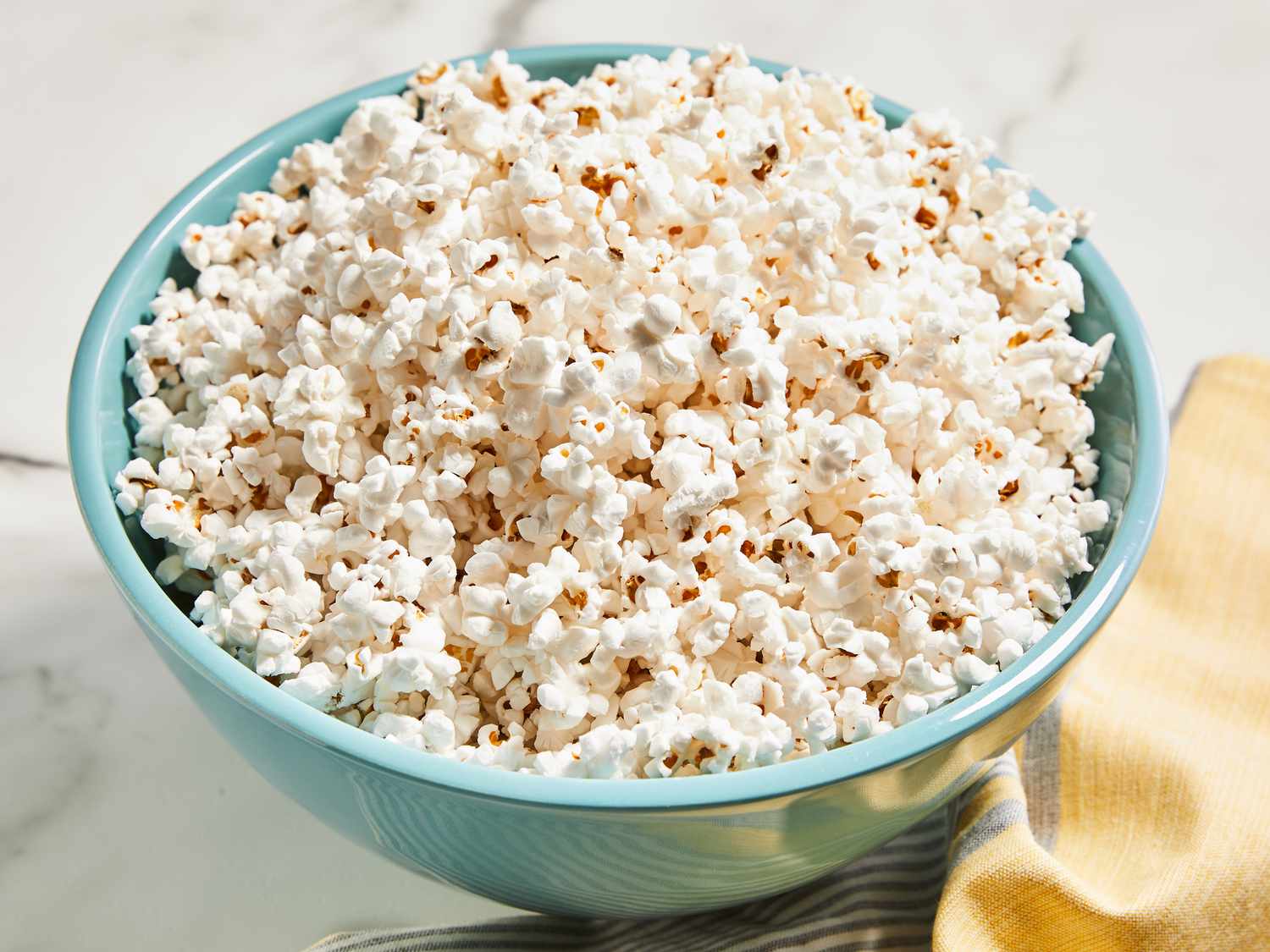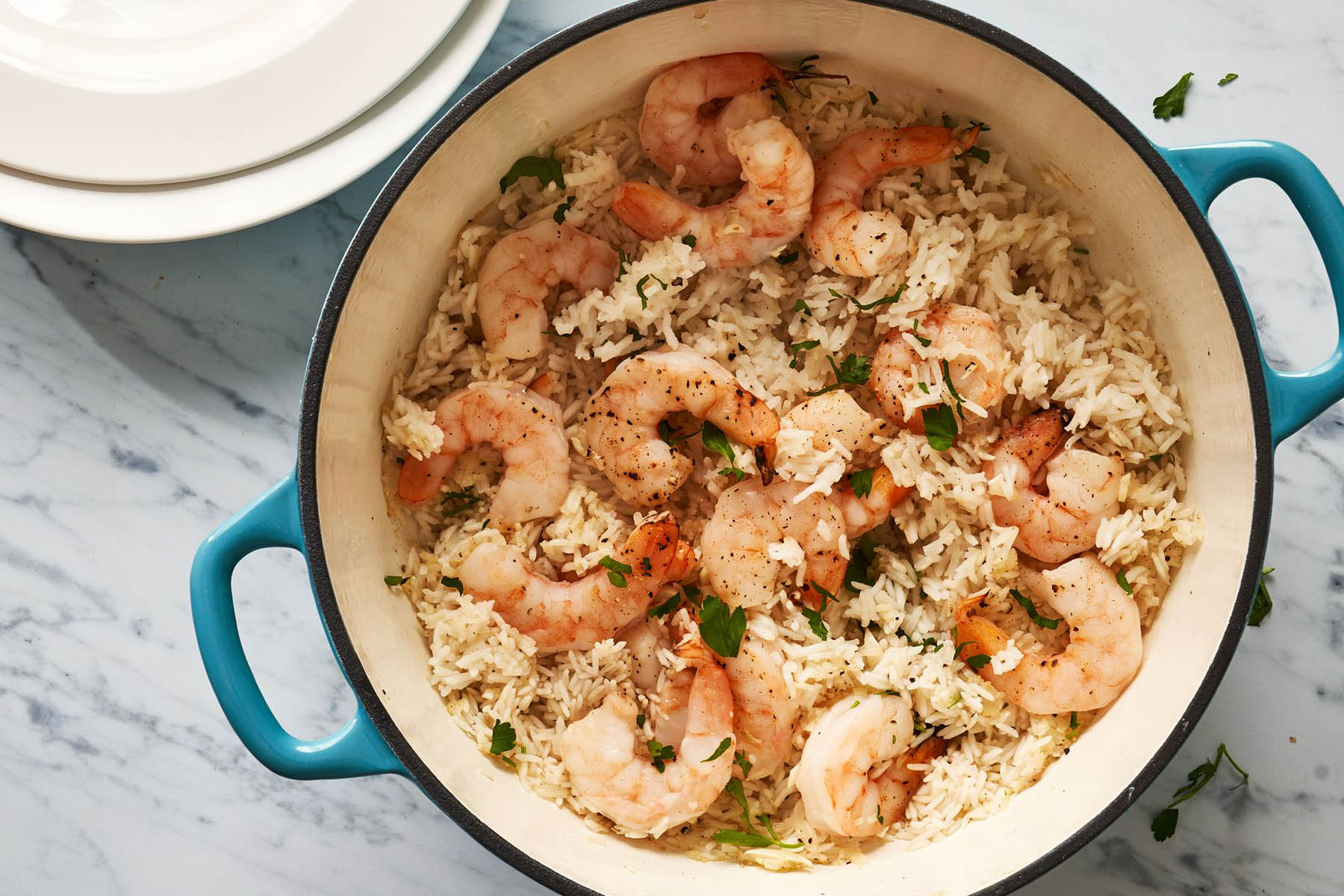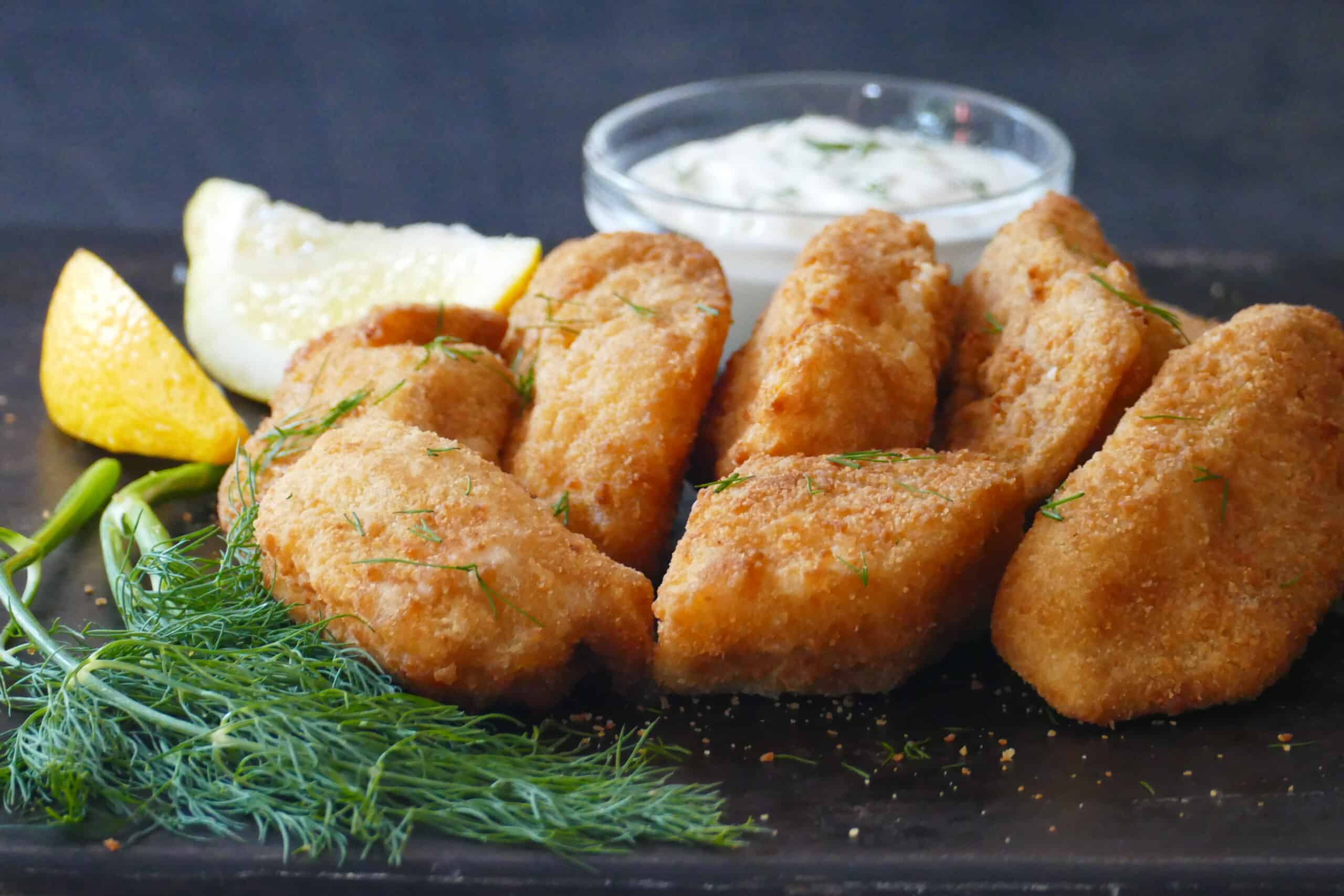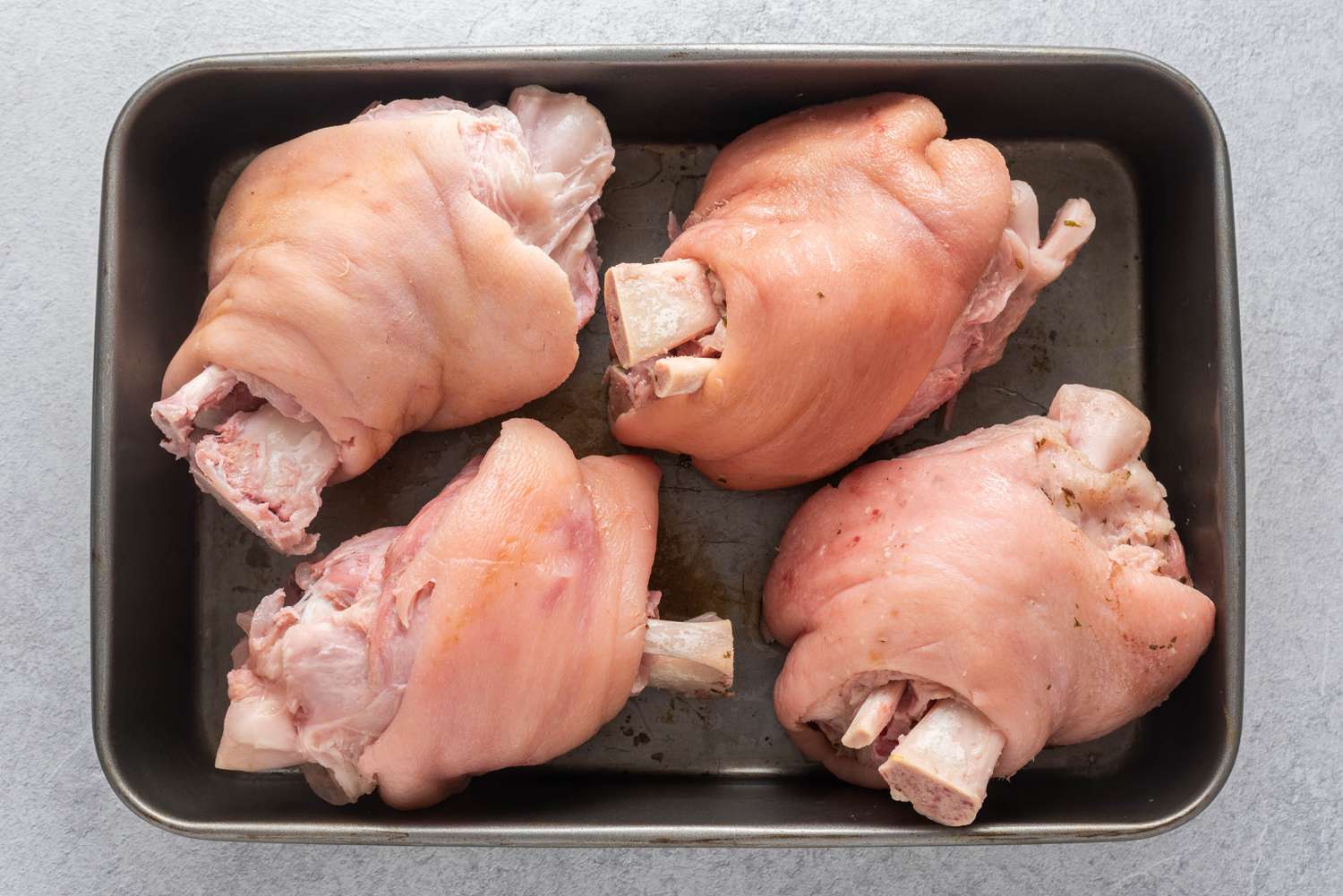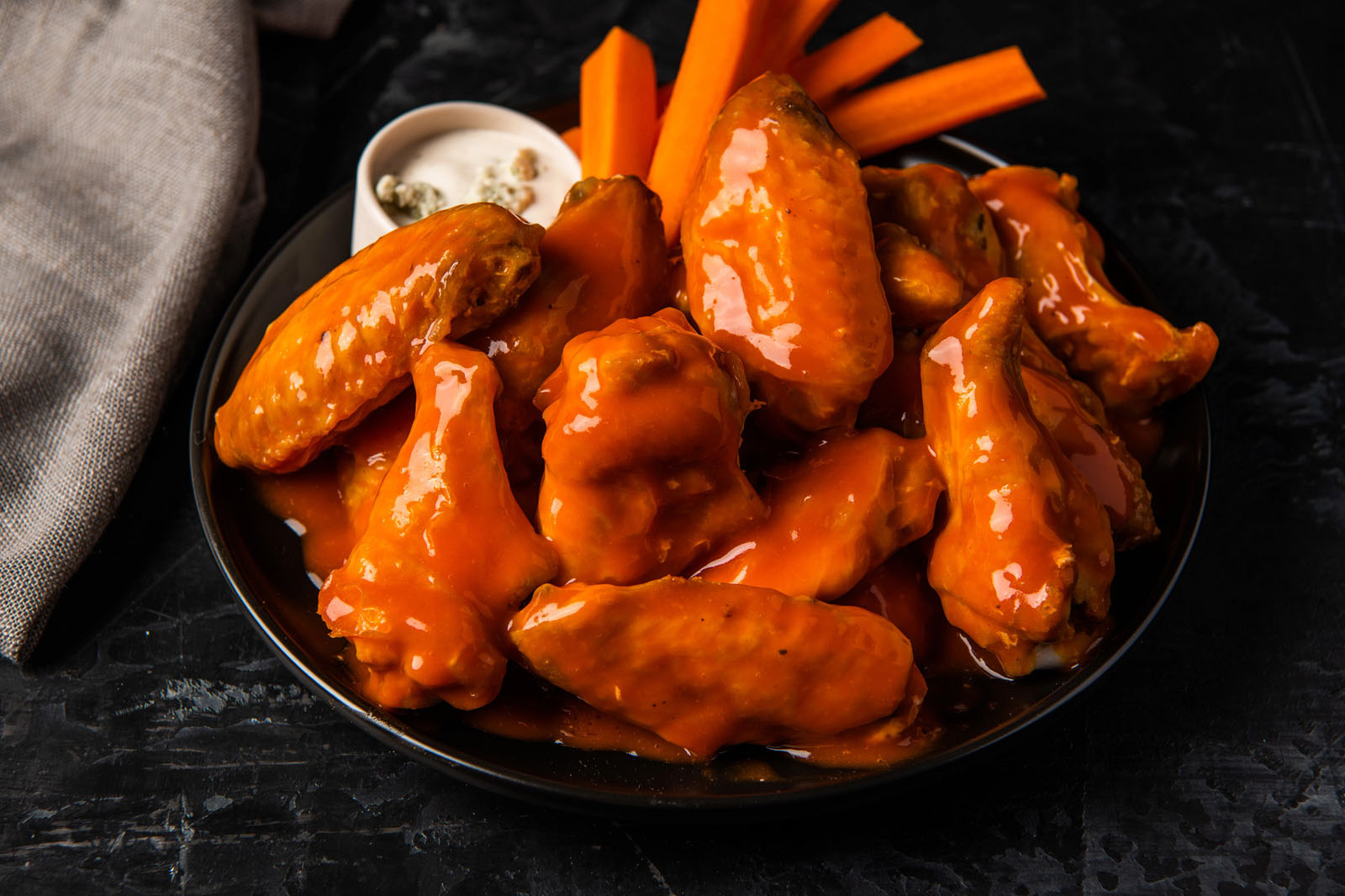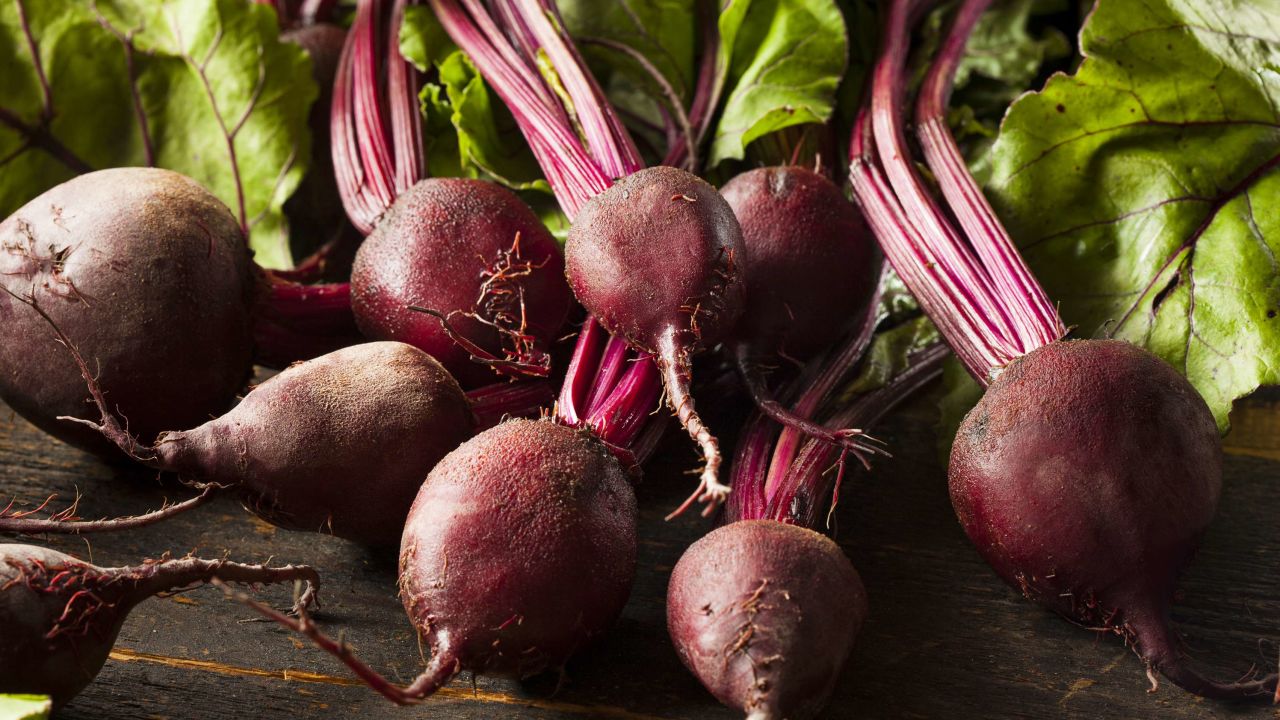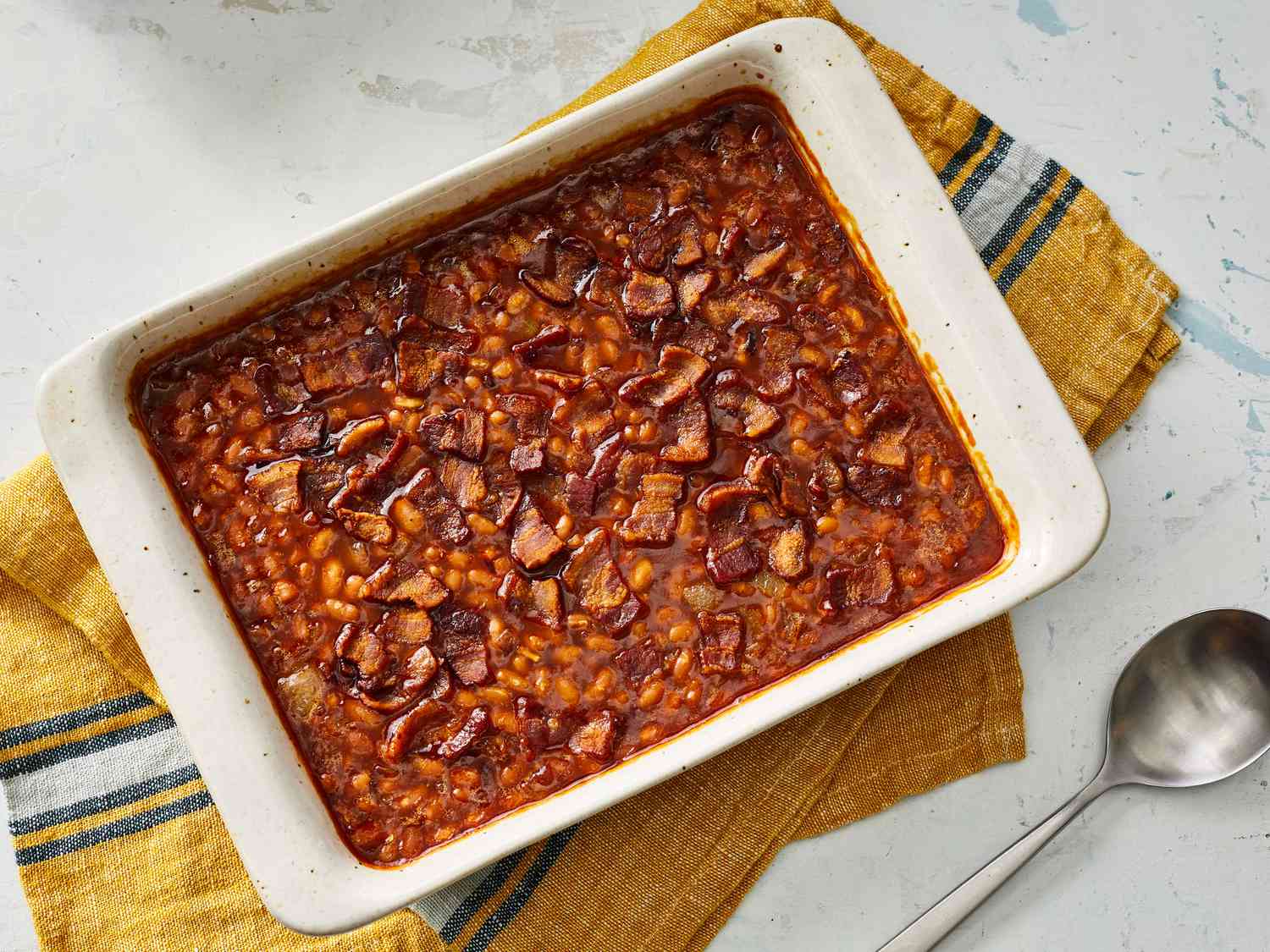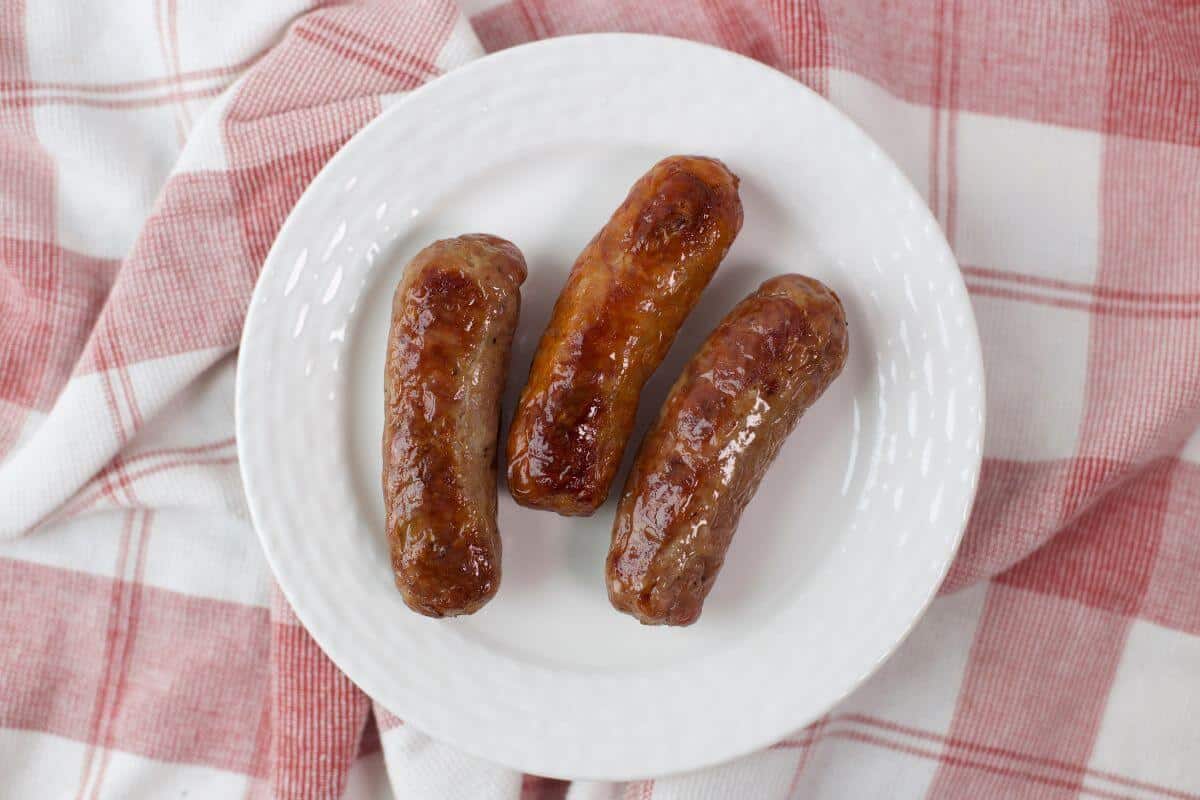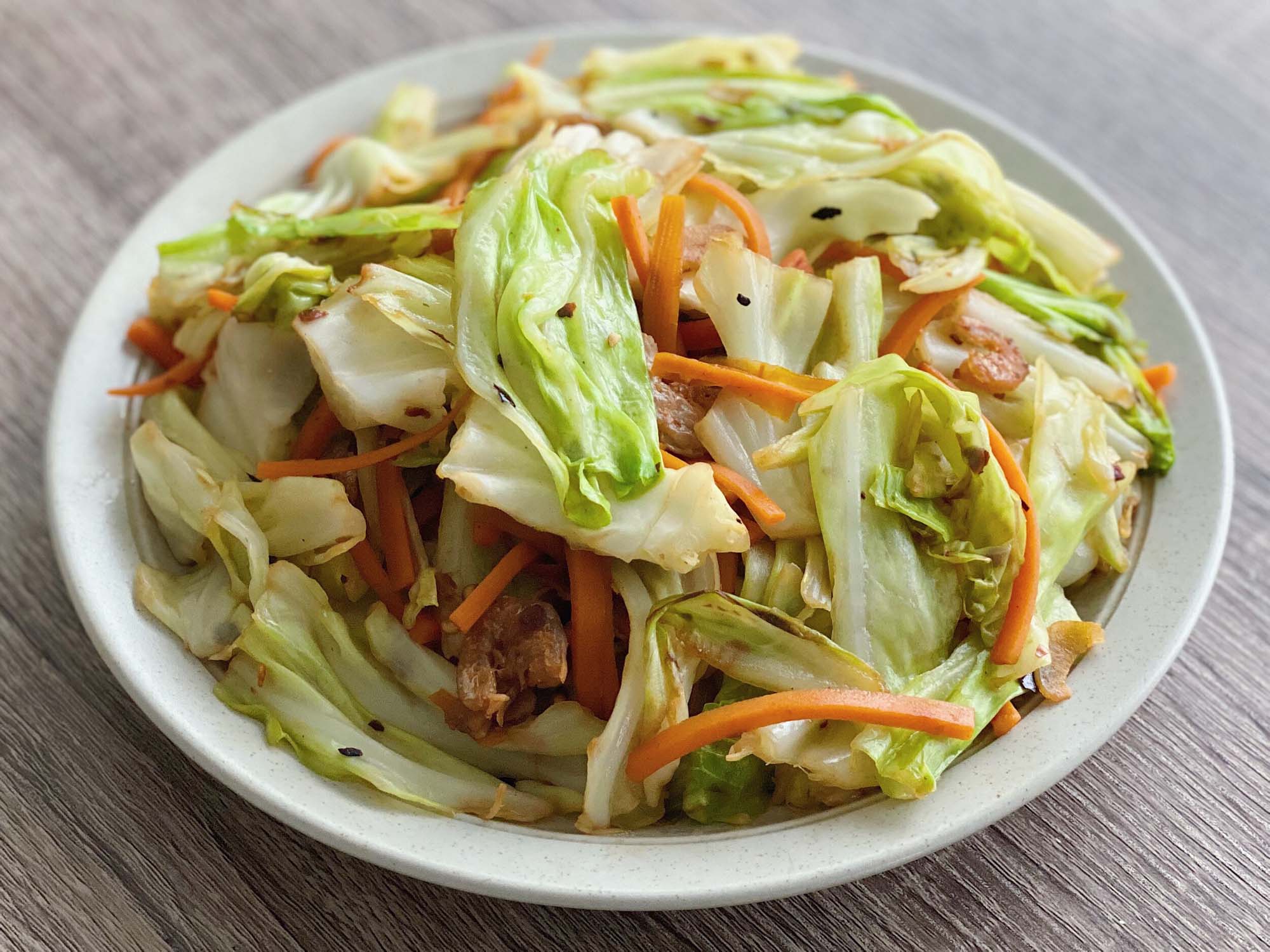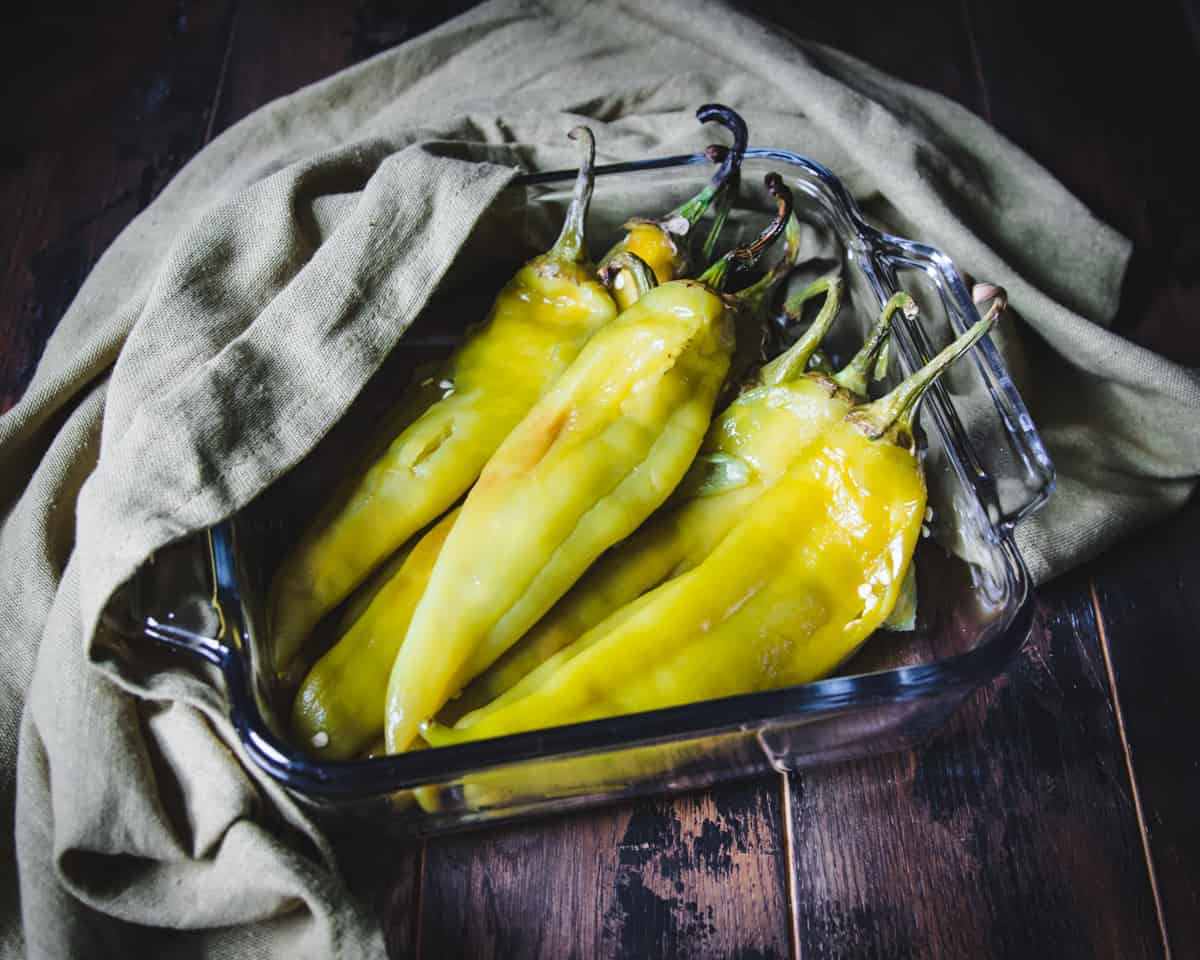Mastering the Art of Cooking Perfect Pasta from Scratch
There’s something satisfying about creating a meal from scratch, and cooking raw pasta is no exception. Whether you’re a cooking novice or an experienced chef, follow our simple steps to become a pasta pro in no time!
Gather Your Ingredients
Before you embark on your pasta-cooking adventure, make sure you have the following essentials:
- Raw pasta of your choice (spaghetti, penne, fettuccine, etc.)
- Water
- Salt
- Optional: olive oil
Prepare Your Cooking Environment
Cooking pasta requires a well-equipped kitchen. Here’s what you need to do:
- Get a large pot: Fill it with water, leaving room for the pasta to expand while cooking.
- Add salt: Sprinkle a generous amount of salt into the pot. This flavors the pasta as it cooks.
- Optional: Drizzle in some olive oil. Though it’s not necessary, a splash of olive oil can help prevent the pasta from sticking together.
Bring the Water to a Boil
Place the pot filled with water on your stovetop and set it to high heat. Allow the water to come to a rolling boil. This will ensure your pasta cooks evenly and retains its desired texture.
Cooking Time and Al Dente Perfection
Now that your water is boiling, it’s time to add the raw pasta. Check the pasta packaging for specific cooking instructions, but typically, the process is as follows:
- Add the pasta to the boiling water: Gently drop the raw pasta into the pot.
- Stir occasionally: Use a wooden spoon or fork to stir the pasta to prevent it from sticking together.
- Cook until al dente: This is the sweet spot where your pasta is cooked but still retains a slight firmness when bitten. Taste it periodically to achieve the desired texture.
- Drain the pasta: Once the pasta reaches al dente perfection, remove the pot from heat and carefully drain the pasta with a colander. Rinse it only if you’re planning to serve cold pasta salads.
Pair with Delicious Sauces and Toppings
Now that you have beautifully cooked pasta, it’s time to elevate your dish with delectable sauces and toppings:
- Classic Marinara: Simmer tomatoes, garlic, onions, and herbs for a rich and flavorful pasta sauce.
- Creamy Alfredo: Indulge in a velvety sauce made with butter, parmesan cheese, and cream.
- Pesto Paradise: Blend fresh basil, garlic, pine nuts, parmesan cheese, and olive oil for a vibrant and aromatic sauce.
Feel free to experiment with your favorite ingredients and get creative with various cheeses, vegetables, meats, or herbs to customize your pasta dish.
Enjoy Your Homemade Pasta Creation
With your pasta cooked to perfection and paired with a delicious sauce, it’s time to sit back, relax, and savor the fruits of your labor. Share your culinary masterpiece with loved ones or relish it on your own. Cooking raw pasta from scratch is not only delicious but also an incredibly satisfying experience. Bon appétit!
Was this page helpful?
Read Next: How To Cook Hard Shell Tacos
